Selling property in the UK as a non-resident: Complete guide
Read our comprehensive guide for non-residents selling UK property, including fees, taxes and timescales.
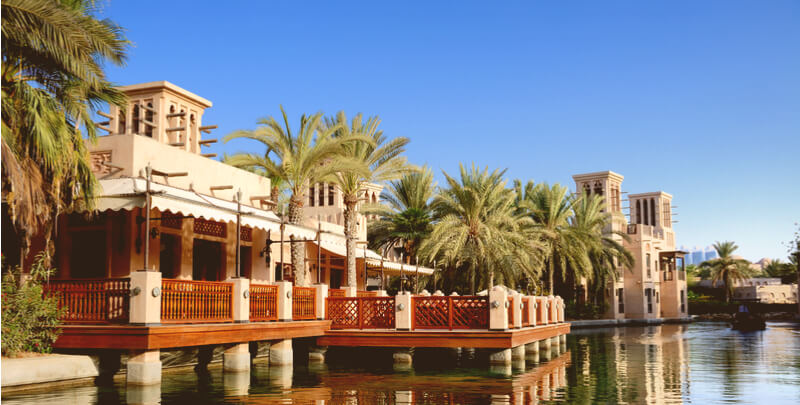
Whether it’s the allure of a luxurious lifestyle, the hot weather or the tax-free salary system, it’s easy to see why many UK expats move to Dubai.
If you’re interested in buying property in Dubai - whether to live in or as an investment property - read on.
We’ve put together a comprehensive guide to buying property in Dubai as a foreigner. This includes tips on starting your house hunt, how the buying process works and the latest property prices in the emirate.
If you’re looking for ways to save money on currency exchange when buying property in Dubai, check out the money services provider Wise. You can send large transfers with Wise for low fees* and great exchange rates - making it ideal if you’re sending a secure international transfer.
Before you start your house hunt, it can be useful to know a little about how the process of buying property works in Dubai.
Here’s an overview of the steps involved:¹
The first thing to do is get your finances in order, setting your budget and getting your mortgage offer in place. You’ll also want to create a list of essential criteria, and areas you want to focus on.
Then you’re ready to start your search. You can use online property portals and/or local estate agents to find properties and arrange viewings.
If you find somewhere you like, it’s a good idea to move fast. Get that viewing booked in as quickly as possible, before someone else snaps up your dream property.
Once you’ve found your dream home, you’ll need to make a competitive offer or bid to the real estate agent or directly to the seller.
You might be asked for evidence of how you’ll finance the purchase at this stage, such as your mortgage agreement or a letter from your bank or lender.
If your offer is accepted, the next step is for a sales contract to be prepared and signed. In Dubai, this is known as the Memorandum of Understanding (MOU). You might want to appoint a solicitor or conveyancer to help prepare this document and carry out the rest of the legal work for the transaction.
Once all parties are happy with the terms, both buyer and seller will sign the MOU in front of a witness at the Registration Trustee’s office.
At this stage, you should contact your mortgage provider to finalise the financing for your purchase. You might also want to arrange for a building survey or inspection to be carried out.
At the same time as signing the sales contract, you’ll also need to transfer the deposit. This is usually around 10% of the total sales price.
Another important piece of paperwork to be completed here is the No Objection Certificate (NOC). This needs to be applied for, and there’s a fee to be paid.
The completion of the purchase can happen quite quickly, and it all happens at the Registrar’s Office at the Dubai Land Department. You’ll meet the seller there on the appointed completion date, bringing along your ID documents, NOC and MOU.
You’ll transfer the remaining balance, and receive your title deed along with the keys to your new property.
| 💡 Read more: How to transfer large amounts of money from the UK? |
|---|
Banks in Dubai do offer mortgage loans to foreigners, but the conditions, requirements and rates may differ compared to how it works for UAE citizens.
For example, UAE nationals only need to put down 20% of the purchase price as a deposit. For expats, the required deposit is at least 25%.² This means you’ll only be able to get a mortgage covering 75% of the total price. So, you’ll need to have plenty of savings put aside.
If you’re struggling to find a provider that accepts applications from foreign or non-resident citizens, you might have better luck with an international bank operating in the emirate, such as HSBC.
It’s not absolutely essential to open a UAE bank account in order to get a mortgage, but it might make the process easier.
In order to apply for your mortgage, you’ll need to provide certain details and documents. The requirements will vary between banks, but generally you’ll need valid ID, proof of salary/employment and the details of the property you’re buying.
Alongside the agreed sale price, you also need to budget for the fees and taxes which may apply to your property purchase.
Here are the essential costs you need to know about for buying property in Dubai:³
The above are the fees and taxes which apply as a buyer, but sellers also have a number of costs to consider. Read more about selling a property in Dubai here.
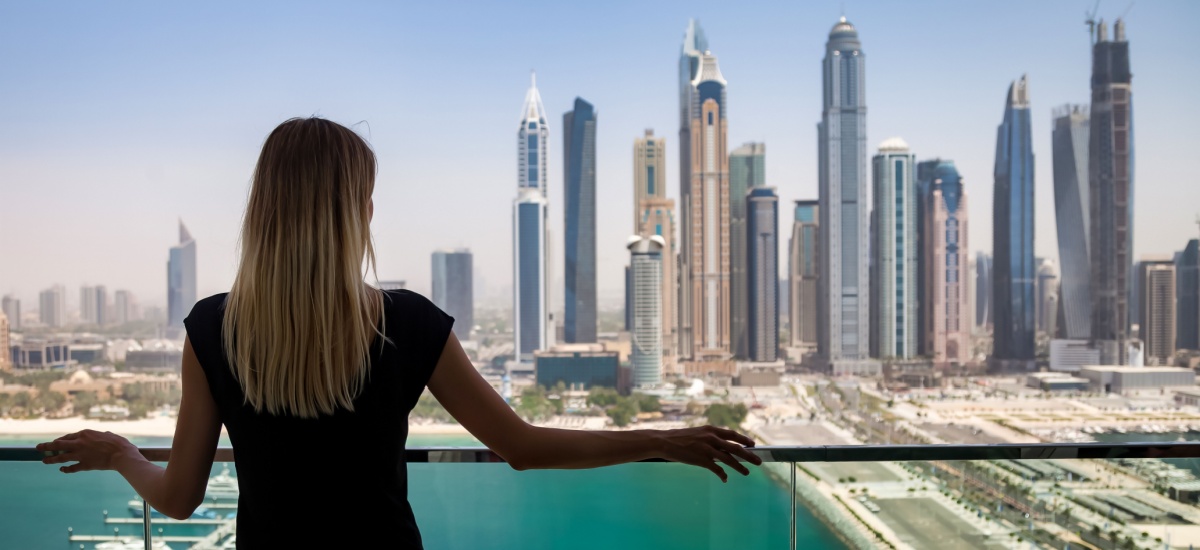
Dubai’s property market is continuing to enjoy strong growth, recording significant increases in all key market indicators.
Sales values rose 30% year-on-year in the second quarter of 2024, while prices per square foot shot up by 14%. The number of sales transactions increased by 32%.⁴
This may not be the best news for buyers looking for a bargain, with both prices and demand high. However, it could be a good thing for investors, looking to put their cash in a property market that continues to perform strongly.
Yes, foreigners can buy property in Dubai, but only in certain designated areas. These include:⁵
You don’t need to live in Dubai to buy either freehold or leasehold property, as long as you purchase within these designated zones.⁶
This means that as a non-resident still living in the UK or elsewhere, you could potentially buy yourself a holiday home in Dubai. Or you could buy an apartment to rent out - that’s also permitted.
You won’t automatically get residency in Dubai simply by buying property there. However, an investment in real estate can help you secure a residency visa - but there is a separate application process you need to follow.
There are three visas in the UAE which are linked to property ownership, each requiring the following levels of investment in real estate:⁷
It’s important to note that as well as meeting the minimum investment threshold, there will also be lots of other eligibility conditions you need to meet.
Read more about the UAE investment visa scheme here.
Now we come to that all-important question - how much is property in Dubai?
The cost of living in Dubai is generally a little lower than the UK, and it’s the same story with property prices.
On average, it’s around 71% cheaper per square metre to buy an apartment in Dubai compared to London.⁸ Compared to Manchester, apartment prices are between 5-17% cheaper.⁹
And here’s a guide to what you can expect to pay per square metre if you choose to buy right in the city centre, or on the outskirts:¹⁰
| Average apartment price per sq.m - city centre | Average apartment price per sq.m - outside city | |
|---|---|---|
| Dubai | 17,859 AED | 10,428 AED |
Remember though that property prices will also vary depending on the type of property.
Another thing to note when figuring out the price for property in Dubai is that international transfers could get expensive, especially if the provider adds a margin to the exchange rate to convert your pounds. Consider checking out Wise to handle your large transfers with mid-market exchange rates and low, transparent fees*.
| 💡 Read more: How to transfer large amounts of money from the UK? |
|---|
The two areas of Dubai considered to be the most affordable in terms of property prices are International City and Dubai Production City (IMPZ).¹¹
If you’re on a tight budget, you might find that a leasehold property is cheaper than a freehold.
However, you’ll need to make sure you understand the restrictions and conditions that come with purchasing a lease - this where you’re allowed to own the property for a set period of time (usually up to 99 years).
There are a few ways you can find property to buy in Dubai. The main routes are real estate agencies and online property websites.
It isn’t essential to use a real estate agent to find a property to buy. But it can be helpful, especially if you’re moving to Dubai from the UK and are unfamiliar with the local property market.
You can also search for property in Dubai online, from the comfort of your current home in the UK. All you need is an internet connection.
To help you start your search, here are some of the most popular property websites for Dubai real estate:

Generally speaking, Dubai is a safe place to buy property.
But things can still go wrong, and there are some pitfalls and risks to look out for, including the following:¹²
And of course, you should take all possible measures to protect yourself from scams and fraudsters.
The right property for you will all depend on your search criteria. Namely, where you want to live, the type of home and of course, how much you can afford to spend.
If you’re not already living there, it’s worth making a trip to Dubai to check out the area you’re interested in.
It’s a good idea to do as much research as possible before committing to purchase a property.
Unless it’s a brand new property, you’ll want to commission a building survey or inspection. This will flag up any major issues and give you a better idea of what you’re buying.
As you look forward to getting the keys to your new home, you’ll have a final few tasks to check off your list. These include taking out insurance, setting up your utilities and carrying out any energy efficiency renovations.
It’s not mandatory, but it’s strongly recommended to take out a buildings insurance policy starting from your completion date. You might also want to arrange contents cover too, starting from the date you move in.
If you know when your completion date will be, it makes sense to get some essentials set up in advance of moving in.
A prime example is utilities, such as heating, power and water. Get these sorted as early as you can, and the moving process should be a little smoother.
Purchased a property with an old, inefficient air con system or minimal insulation? You might want to spend some money on energy efficiency renovations, possibly before you move in.
This can make your property more comfortable to live in, and potentially save you money on energy bills.
And that’s it - a complete guide to buying property in Dubai for foreigners.
We’ve covered all the essentials, including Dubai property prices, how to start your search and what fees and taxes you’ll pay as a buyer.
After reading this, you should have a better grip on how it all works, and be ready to start house hunting.
And, if you want to save money while buying your new property in Dubai, use the Wise account to send your international transfer. It’s not a bank account but offers many similar features.
Here are the main benefits for using Wise: |
|---|
|
Sources used:
Sources last checked on date: 09-Aug-2024
*Please see terms of use and product availability for your region or visit Wise fees and pricing for the most up to date pricing and fee information.
This publication is provided for general information purposes and does not constitute legal, tax or other professional advice from Wise Payments Limited or its subsidiaries and its affiliates, and it is not intended as a substitute for obtaining advice from a financial advisor or any other professional.
We make no representations, warranties or guarantees, whether expressed or implied, that the content in the publication is accurate, complete or up to date.
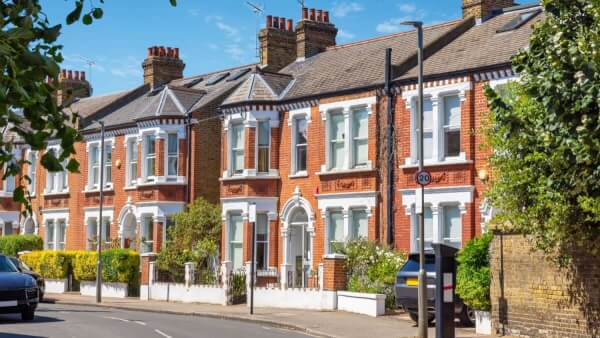
Read our comprehensive guide for non-residents selling UK property, including fees, taxes and timescales.
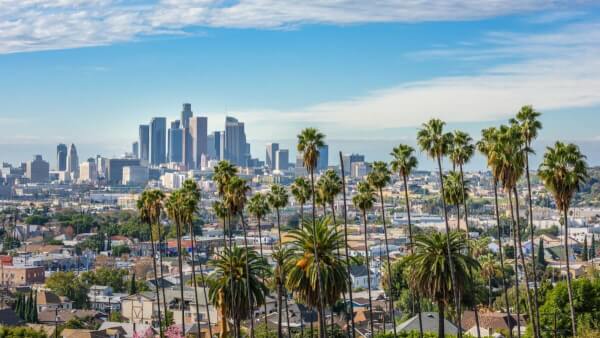
Read our comprehensive guide to selling property in the US, including fees, taxes, timescales and a step-by-step guide to the process.

Read our comprehensive guide to selling property in Switzerland, including fees, taxes, timescales and a step-by-step guide to the process.
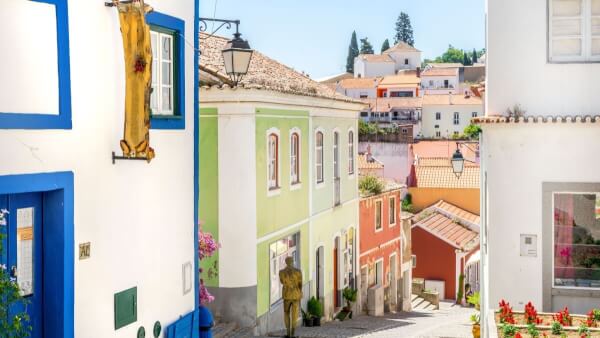
Read our comprehensive guide to selling property in Portugal, including fees, taxes, timescales and a step-by-step guide to the process.

Read our comprehensive guide to selling property in Malta, including fees, taxes, timescales and a step-by-step guide to the process.
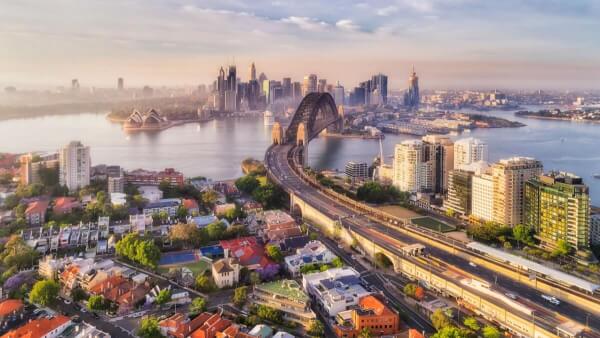
Read our comprehensive guide to selling property in Australia, including fees, taxes, timescales and a step-by-step guide to the process.